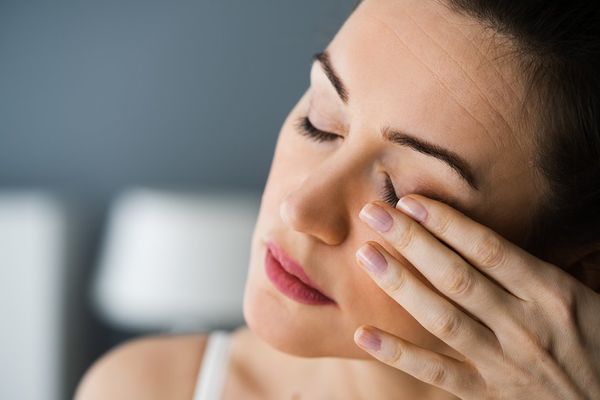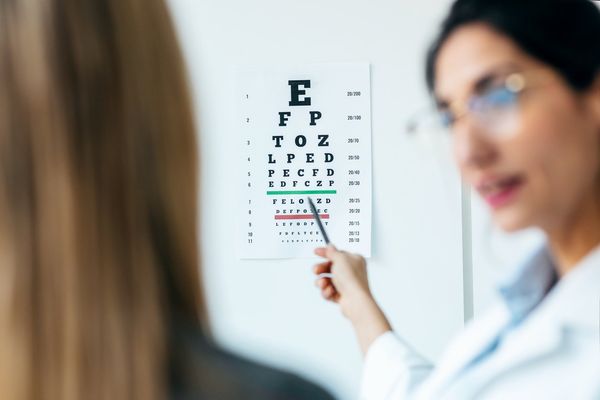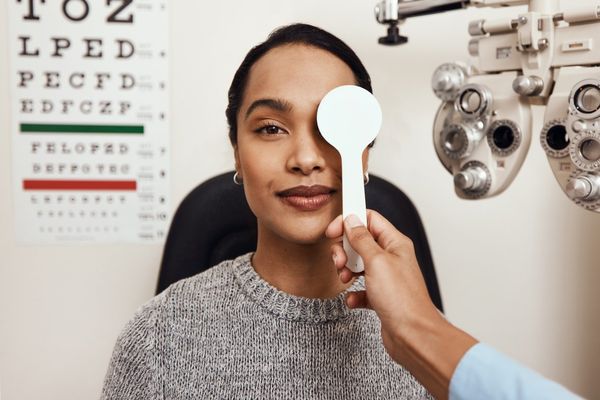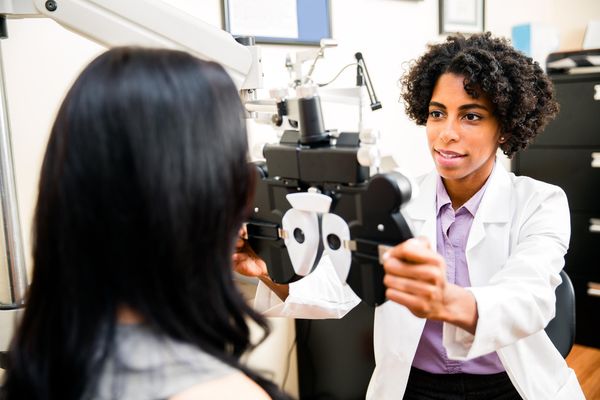I just came back from a visit to my ophthalmologist to have my annual eye exam. I'm happy to say I don't need to buy new eyeglasses- my prescription has stayed the same. Yay!
So instead of heading out to pick out new frames, I headed to the store to pick up some carrots. (That was way cheaper than buying a whole new set of glasses :))I always think of carrots when I think of eyesight.
While they won't improve my eyesight and help me shed my glasses, carrots can help maintain proper eyesight...meaning that the carrot's beta-carotene, which is converted to Vitamin A, takes a trip to the retina where it is transformed into something called rhodopsin (a purple pigment necessary for night vision). And beta carotene is also a powerful antioxidant that may help protect against macular degeneration and cataracts that may develop as we age.
I like eating carrots raw most of the time, but do cook them once in a while. If you're cooking carrots, it's important to keep this in mind: British researchers have found that carrots will retain more of their anti-cancer compound if they are not cut up before cooking.
A new study by Newcastle University found that when carrots are cut up and then boiled they contained 25 percent less of their anti-cancer compound falcarinol than carrots that are boiled whole. (Falcarinol, a natural sugar, has been found to reduce tumor progression in rats.) Apparently, by chopping the carrots more surface area is exposed, freeing the nutrients to leach out into the water while they're cooking.







